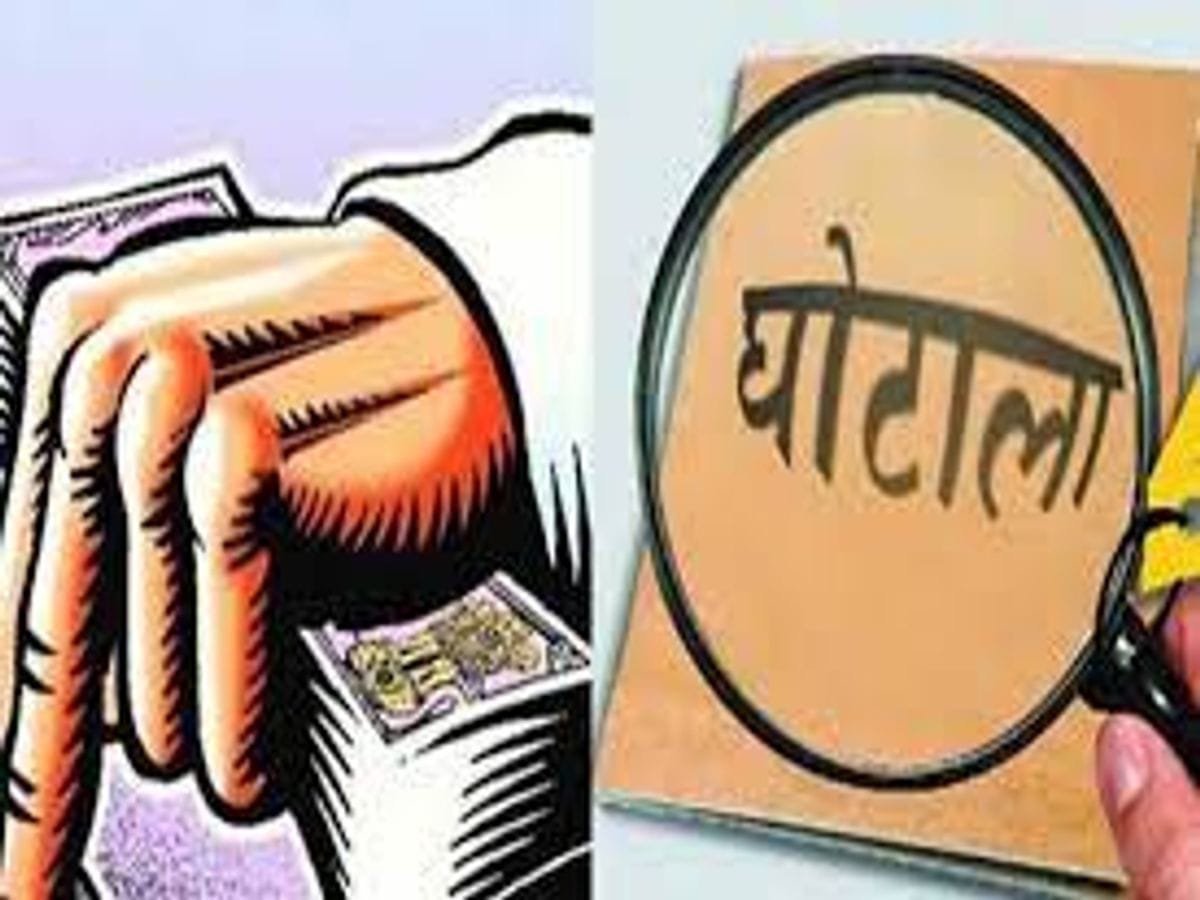Introduction
International trade, for most of the countries of the world, plays an important role in determining their economies. Most business individuals exporting goods to other countries face payment with buyers from that country. Thus, delayed months’ payments leave exporters facing difficulty in cash flows. To improve this situation, businesses use financial solutions such as forfaiting. Where banks, NBFCs, and other financial institutions provide instant business loan.
Forfaiting provides exporters with immediate cash by passing the risk of non-payment on to third parties, such as banks, NBFCs, and other financial institutions, where they provide financial support.
Also read: Government is giving loan of 50,000 without guarantee, you can also take advantage
What Is Forfaiting
Forfaiting is a financial transaction where the exporter sells its future receivables to the forfaiter, mainly a financial institution or bank, at a discount usually in terms of cash. Therefore, the exporter gets the money immediately rather than waiting for some period since the foreign buyer is supposed to pay. The forfaiter risks the payment as it is supposed to collect cash from the buyer later.
Most use of forfaiting occurs in international trade, especially on large transactions. It remains an effective and popular way to reduce the risk of delayed payments or lack thereof by businesses. For the most part, financial instruments used in forfaiting are promissory notes, bills of exchange, and letters of credit.
Advantages of Forfaiting
- Smooth Business Operations:
Immediate cash flow helps the exporter manage smooth business operations.
- No Credit Risk:
No credit risk is involved since the forfaiter takes full responsibility for the payment.
- Payment Collection:
No collection hassle arises as the forfaiter collects payments from the foreign buyer.
- Financial Stability:
The financial stability improves as businesses invest in new projects and expand their operations with funds available.
- No Additional Debt:
Since the exporter sells receivables instead of taking a loan, it does not increase the company’s debt.
- Fixed Interest Rate:
The forfaiting transaction is done at a fixed rate, which protects the exporter from interest rate fluctuations.
- Enhances Competitiveness:
Exporters are able to extend flexible credit terms to overseas customers without worrying about payment risk.
Also read: Before applying for a car loan, keep these three things in mind including your credit score…
Below are the steps involved in the process of Forfaiting:
- Agreement Between Exporter and Importer:
- Exporters and importers agree to the conditions of the trade contract.
- The importer commits to making the payment after a certain period, say six months or one year.
- Issuance of Financial Instruments:
- The importer gives a promissory note, bill of exchange, or letter of credit.
- In some cases, A bank in the buyer’s country might guarantee payment, making the transaction even more secure in some instances.
- Exporter Sells Receivables to a Forfaiter:
- The exporter approaches a forfaiter, a bank or financial institution, to sell the receivables.
- The forfaiter analyzes the creditworthiness of the importer before purchasing the receivables.
- Discounting and Payment to Exporter:
- The forfaiter acquires the receivables at a discount and pays the exporter immediately.
- The discount rate is dependent on several factors, including credit risk, duration, and market conditions.
- Forfaiter Receives Payment from Buyer:
- When it becomes due, the buyer pays the forfaiter the total amount.
- If the buyer does not pay, the forfaiter loses (save that the buyer may have established a bank guarantee)
- Transaction Completion
- It ends once the importer pays the entire amount.
- Early payment does not worry the exporter about the collection.
Also read: Now farmers can get agricultural loan up to Rs 2 lakh without guarantee
Conclusion
Forfaiting is a financial product that benefits the exporter by avoiding payment delays and credit risks of international trade. With this, the exporter gets immediate cash, which will increase his financial stability and business growth. The process is quite simple: it includes an agreement, issuance of financial instruments, and collection by the forfaiter. This way, with its many benefits, forfaiting is one of the effective ways businesses can trade globally with confidence. For those exporters who are dealing with international buyers, forfaiting may be one smart financial strategy to consider.
NBFCs play an important role in forfaiting by providing MSME loan to exporters. They offer services as a forfaiter by purchasing their receivables and ensuring payments to exporters promptly. NBFCs help various businesses that might not obtain banking services at the right moment to make the process of international trade smoother. The flexible and faster processing alternatives that NBFCs offer provide an alternative route for business owners on forfaiting services.














